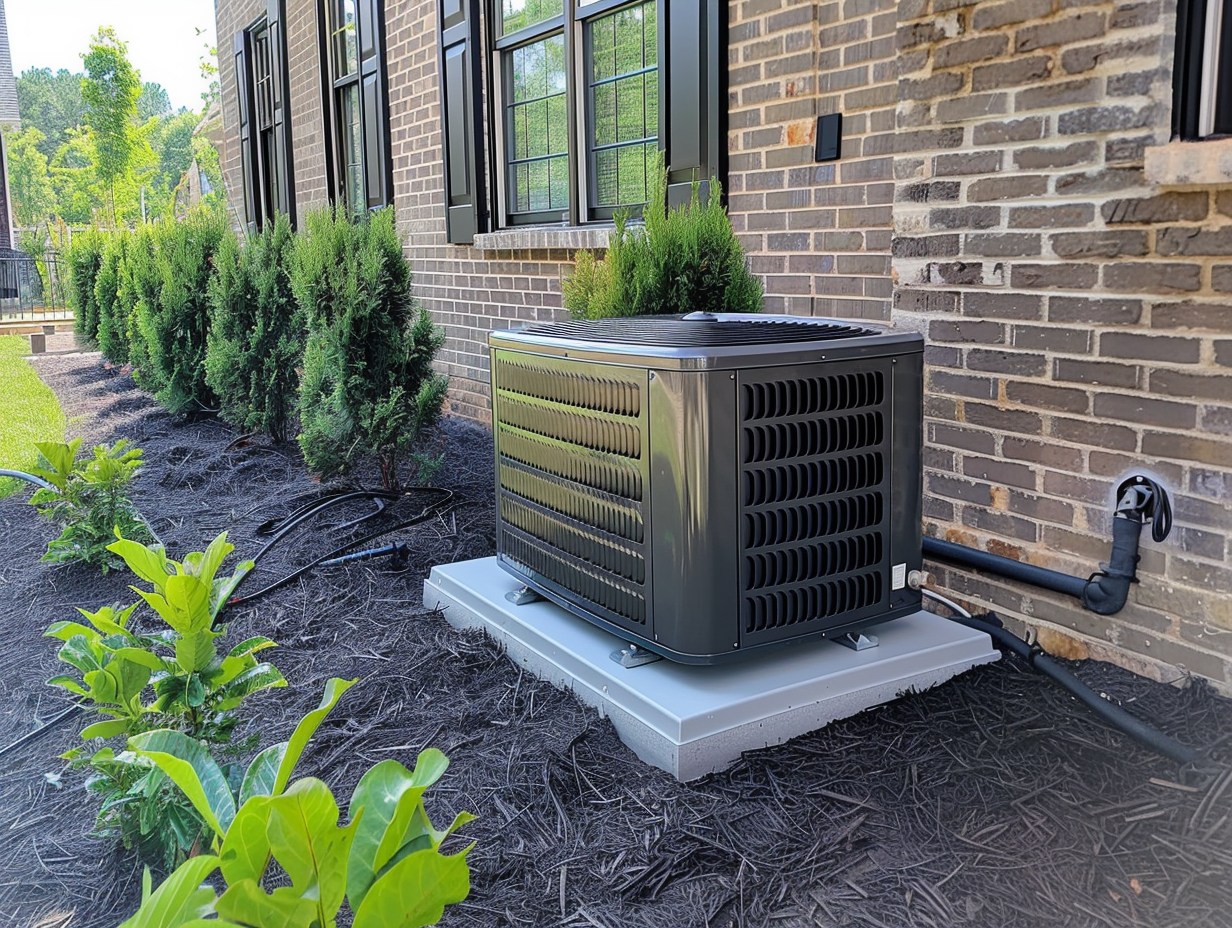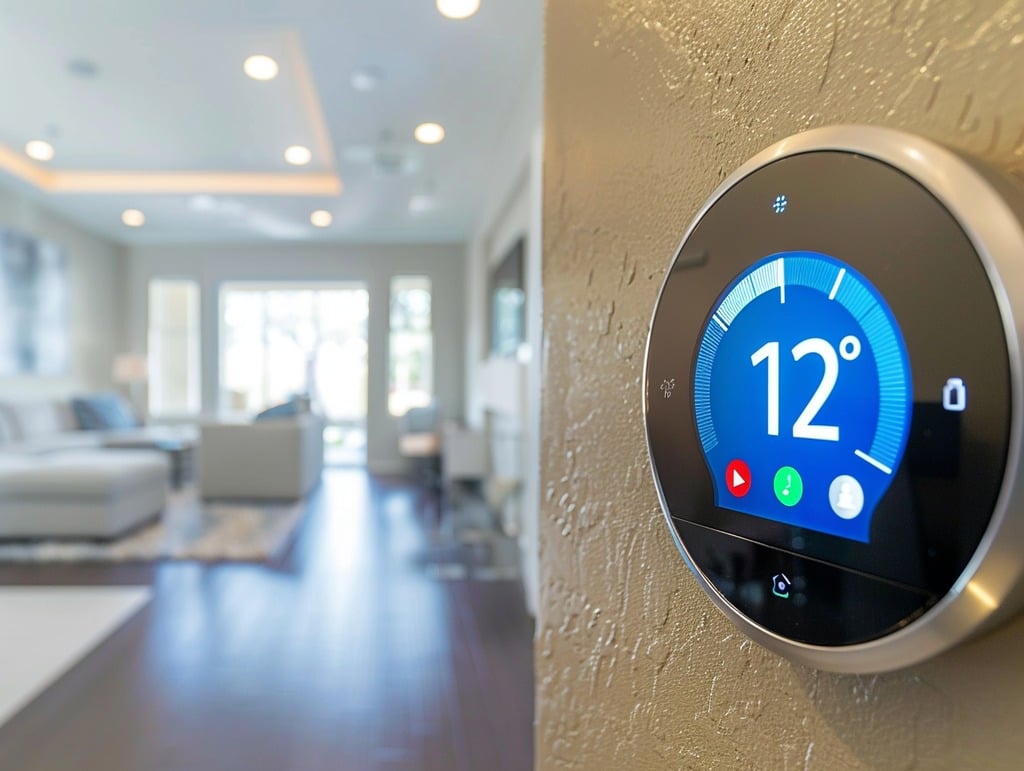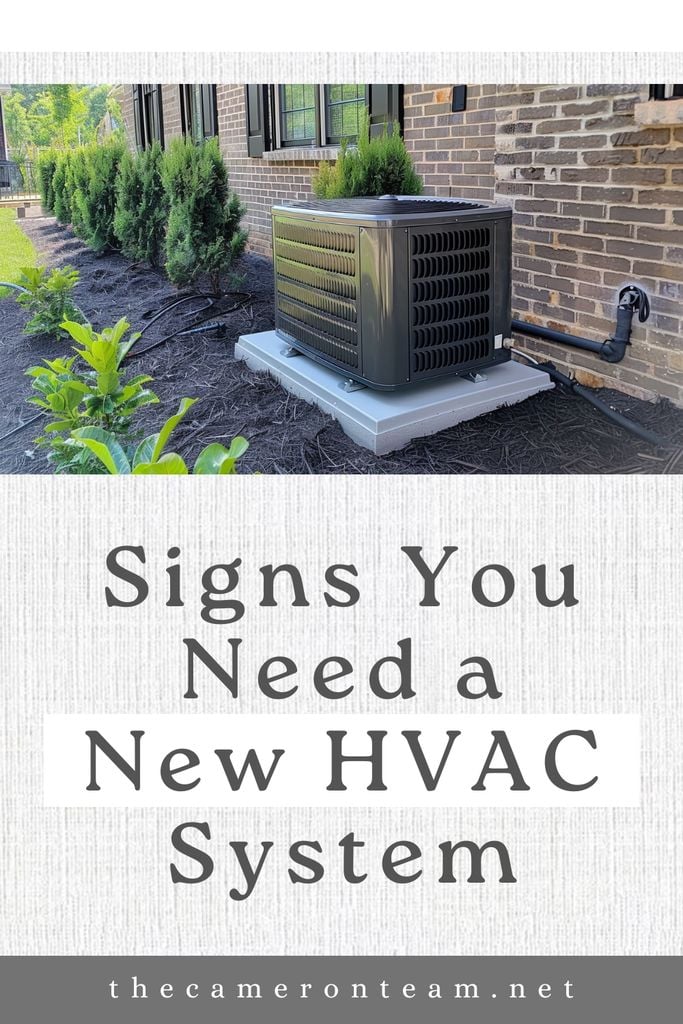Maintaining a comfortable home environment relies heavily on a well-functioning HVAC (Heating, Ventilation, and Air Conditioning) system. But how do you know when it’s time to replace your old system with a new one? Here are some telltale signs that your HVAC system might be due for an upgrade.
1. Rising Energy Bills
If you’ve noticed a significant increase in your energy bills without a corresponding spike in usage, your HVAC system could be to blame. Older systems often become less efficient over time, consuming more energy to provide the same level of heating or cooling. Upgrading to a new, energy-efficient model can help reduce those bills.
2. Frequent Repairs
Are you calling the repair technician more often than usual? While occasional maintenance is normal, constant repairs are a red flag. Investing in a new system might be more cost-effective in the long run compared to the ongoing costs of fixing an old, failing unit.
3. Inconsistent Temperatures
One room feels like a sauna while another feels like an icebox? This uneven temperature distribution is a common sign of an aging HVAC system struggling to maintain consistent comfort levels. A new system can provide more uniform heating and cooling throughout your home.
4. Strange Noises
Unusual noises such as grinding, banging, or squealing coming from your HVAC system are not to be ignored. These sounds often indicate serious issues that could lead to a breakdown. Modern systems are designed to operate quietly, so if your unit is making a racket, it might be time for a replacement.
5. Poor Air Quality
Have you noticed more dust, humidity problems, or an increase in allergies? Your HVAC system plays a crucial role in maintaining indoor air quality. An old or malfunctioning system might not be filtering air properly or controlling humidity, leading to health issues and discomfort.
6. Age of the System
The average lifespan of an HVAC system is around 15-20 years. If your unit is within this age range or older, it’s time to start considering a replacement. Even if it seems to be working fine, newer systems are far more efficient and can save you money in the long run.
7. Excessive Cycling
Does your HVAC system frequently turn on and off? This excessive cycling can be a sign of an overworked system that’s struggling to maintain the set temperature. This not only causes wear and tear but also increases energy consumption. A new system can operate more efficiently, reducing the need for constant cycling.
8. Lack of Smart Features
Modern HVAC systems come with a range of smart features that allow for better control and efficiency. If your current system lacks programmable thermostats, remote control options, or energy-saving modes, upgrading could provide significant benefits in terms of convenience and cost savings.
9. High Humidity Levels
Your HVAC system should regulate humidity levels to keep your home comfortable. If you’re experiencing high humidity levels indoors, it could be a sign that your system isn’t functioning properly. High humidity can lead to mold growth and other issues, so addressing this problem with a new system is crucial.
10. Frequent Tripping of the Circuit Breaker
If your HVAC system frequently trips the circuit breaker, it’s a sign of an electrical problem that could be hazardous. This issue often indicates that the system is overworking and drawing too much power, which can lead to more serious problems if not addressed.
FAQs
Q: How often should I service my HVAC system?
A: It’s recommended to service your HVAC system at least once a year, ideally before the start of the heating or cooling season.
Q: What size HVAC system do I need for my home?
A: The size of the HVAC system depends on various factors, including the size of your home, insulation levels, and climate. A professional can conduct a load calculation to determine the appropriate size.
Q: Can I replace just the outdoor unit?
A: While it’s possible to replace just the outdoor unit, it’s generally recommended to replace both indoor and outdoor units to ensure compatibility and efficiency.
Q: What are the benefits of a programmable thermostat?
A: A programmable thermostat allows you to set temperatures for different times of the day, reducing energy use when you’re not home and increasing comfort when you are.
Wrapping Up
Recognizing the signs that you need a new HVAC system can save you from discomfort, high energy bills, and frequent repairs. If your system is showing any of these signs, it might be time to consider an upgrade. Investing in a new, efficient HVAC system can improve your home’s comfort and air quality while reducing energy costs. Don’t wait for a complete breakdown—take proactive steps to ensure your home remains a haven of comfort.








